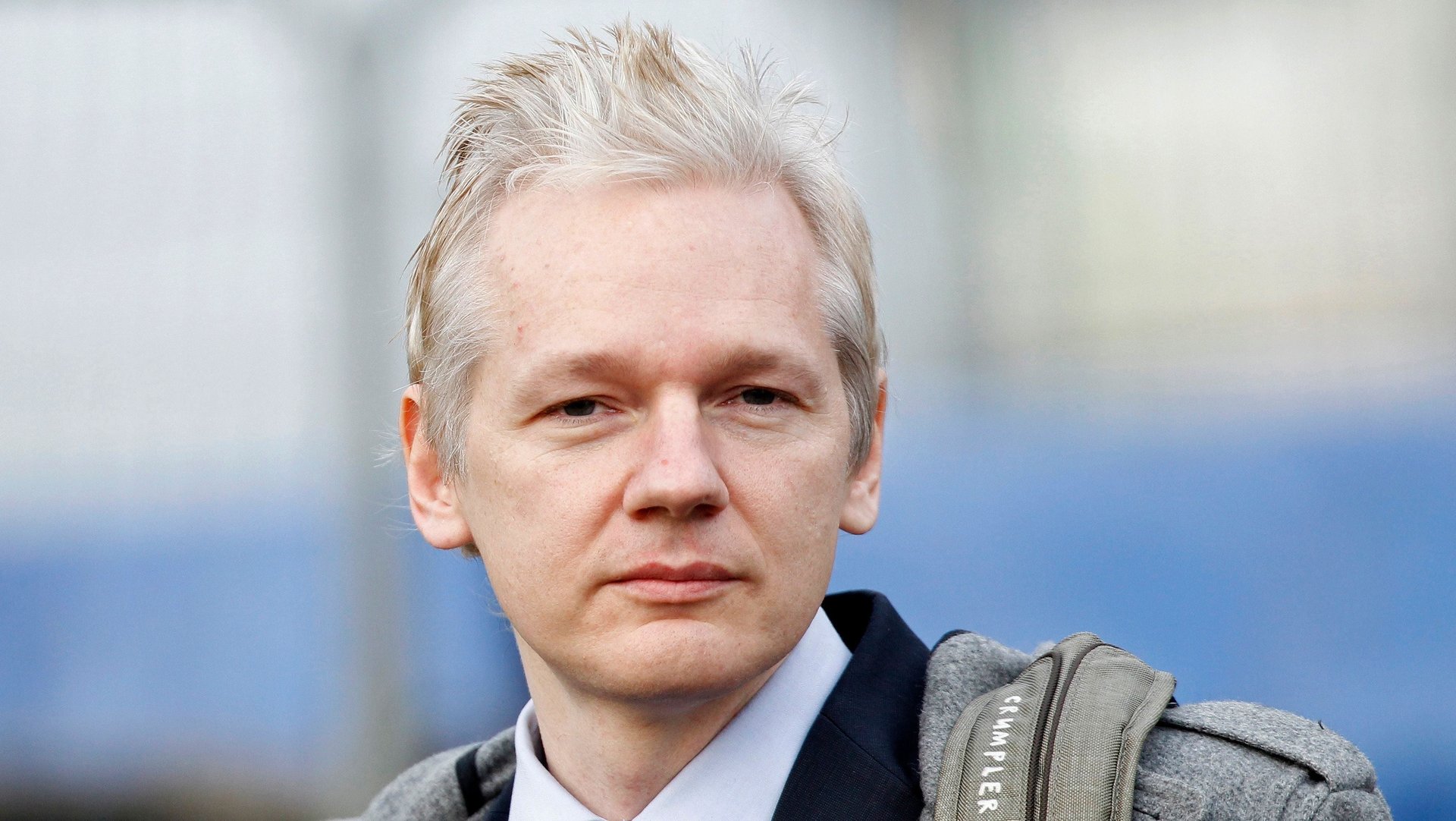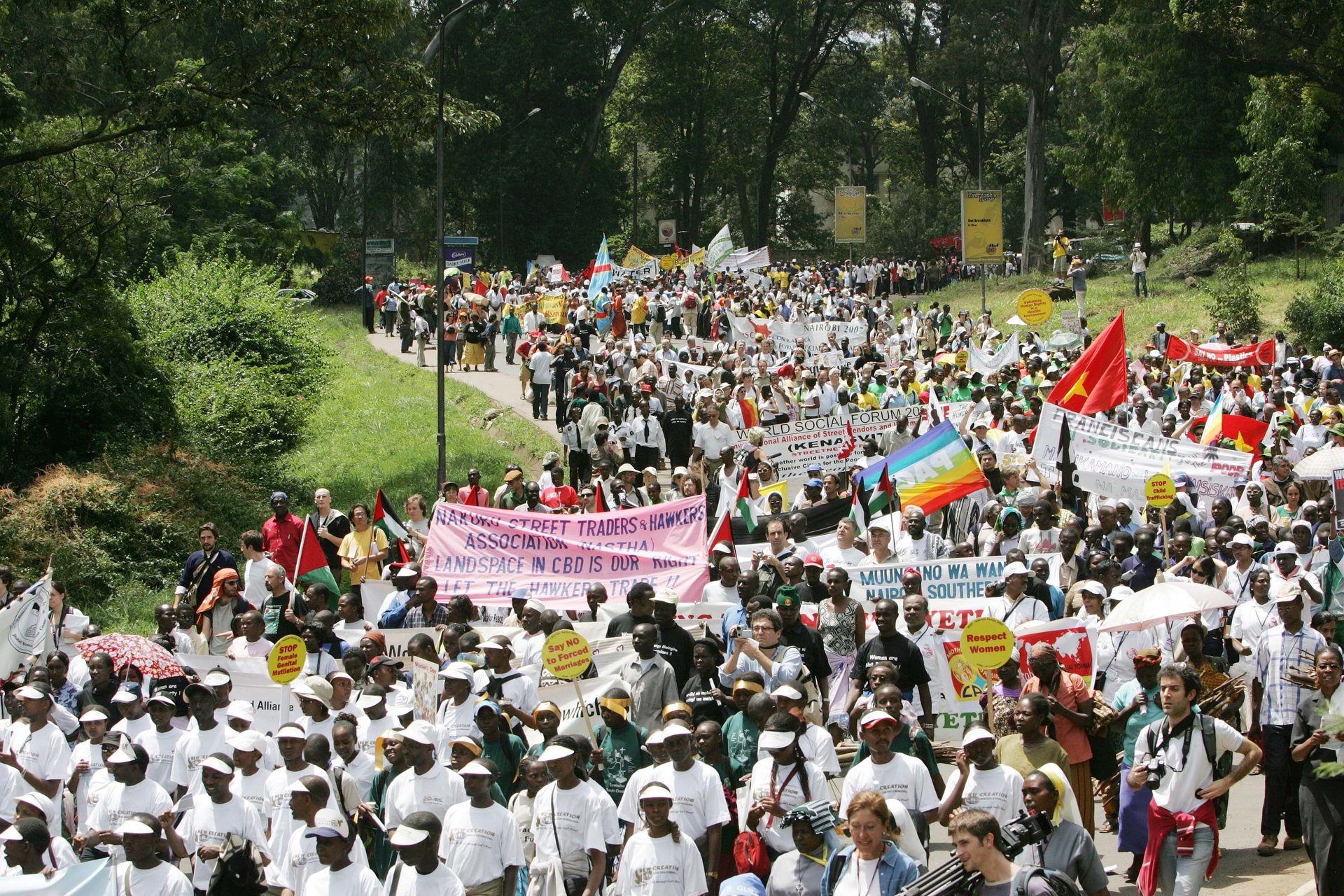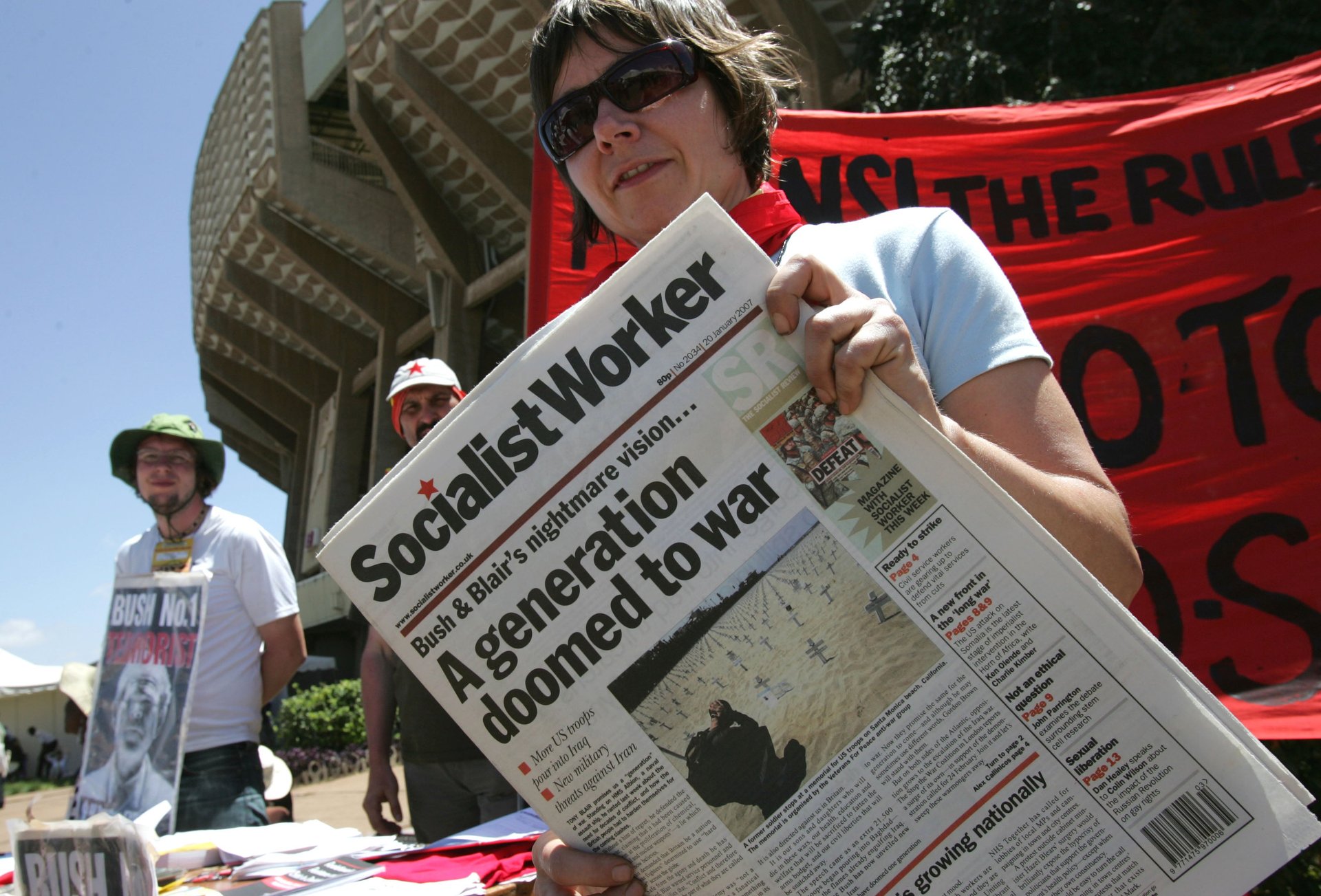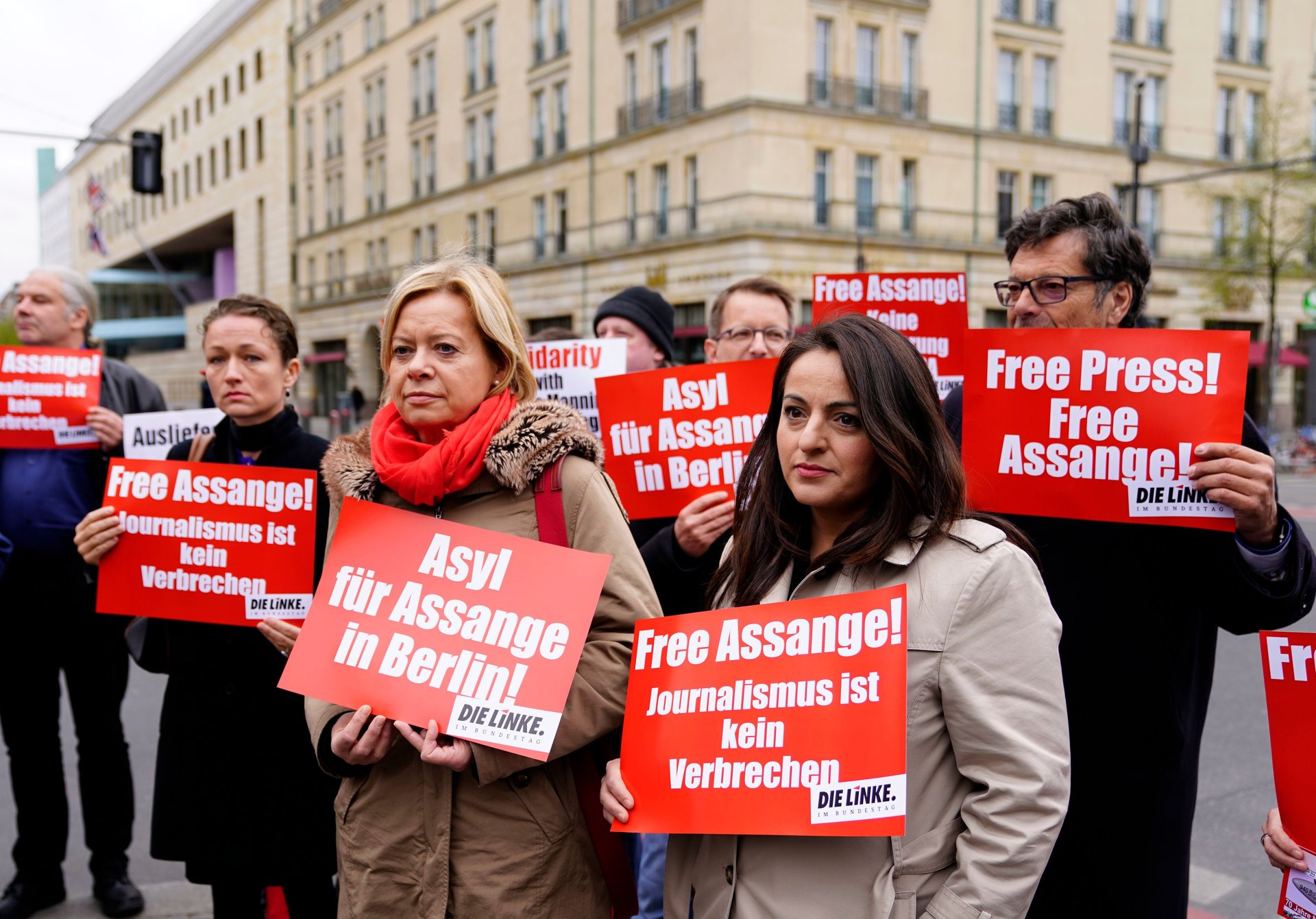How Kenya gave Julian Assange’s WikiLeaks its first major global scoop
British police this week arrested WikiLeaks founder Julian Assange at the Ecuadorian embassy in London in response to a US extradition request on charges that he helped hack Pentagon computers in 2010.


British police this week arrested WikiLeaks founder Julian Assange at the Ecuadorian embassy in London in response to a US extradition request on charges that he helped hack Pentagon computers in 2010.
The arrest marked the end of an era and the beginning of a new one for the white-bearded Assange, whose embattled web organization emboldened whistleblowers, exposed the secrets of the moneyed and powerful, and redefined journalism and the meaning of journalistic ethics in the digital age.
In many ways, the story of WikiLeaks and its transformation from an underground hacking outfit into a global anti-secrecy organization began in Kenya. After founding WikiLeaks in 2006, Assange traveled there in 2007 to attend the World Social Forum in Nairobi. The meeting was first held in Brazil in 2001 and coincides annually with the gathering of political and business leaders at the World Economic Forum in Davos, Switzerland.
More than 80,000 people gathered at the anti-capitalist forum that year, with many hoping to network with other activists and protest global policies they said hurt the poor. One of those people was Assange himself, “who spent four days in a WSF tent with his three friends, giving talks, handing out flyers and making connections,” according to David Leigh and Luke Harding’s book on WikiLeaks. During his stay, the computer hacker met key people from sectors including journalism and human rights, and emboldened by their “courage” and the atmosphere in the capital, stayed the next two years.

But by Aug. 2007, Kenya helped WikiLeaks deliver its first big scoop. Assange got hold of a report by the international risk consultancy Kroll, which detailed how Kenya’s second president Daniel Arap Moi and his family swindled billions of US dollars out of the country and stashed them in secret trusts and shell companies. Commissioned by Moi’s successor president Mwai Kibaki, the report was submitted in 2004 but was never released or acted upon.
Assange gave the leaked report to The Guardian, who broke the story worldwide. The report caused an uproar in Kenya and brought into focus the impunity enjoyed by officials emptying state coffers. Ironically, soon after Kibaki’s administration launched the Kroll investigation, it was rocked by its own multi-million-dollar scam involving awarding government contracts to bogus firms.


In September 2008, WikiLeaks published another report titled “The Cry of Blood,” which detailed a so-called high-level policy to disappear and kill young Kenyan men. The report was based on evidence obtained by the Kenyan National Commission on Human Rights, even though the report wasn’t published on their website. Two lawyers involved in investigating the extrajudicial killings were later killed. The report helped boost Assange’s profile globally, winning him the prestigious Amnesty International New Media Award in 2009.
Assange was still adamant about exposing Kenya’s corrupt elite. When, in 2009, the British journalist Michela Wrong published her hard-hitting book It’s Our Turn to Eat about the Kenyan anti-corruption czar turned whistleblower John Githongo, WikiLeaks was quick to publish a PDF copy of the book on its platform.
Many Kenyan bookstores were worried about selling the book because of the possible libel suits that could come from the officials named in the book. Wrong reached out to WikiLeaks to take down the book since it constituted a violation of copyright.
In email exchanges with WikiLeaks shared by Wrong with Quartz Africa, an anonymous WikiLeaks responder says they thought she or Githongo leaked the book for “promotional reasons.” Wrong believes the electronic copy was probably stolen from a Kenyan newspaper that was preparing to serialize the book in its pages. “That said, the importance of the work in Kenya as an instrument of political struggle eclipses your individual involvement,” reads the grating response to Wrong. “It is your baby, and I’m sure it feels like that, but it is also its own adult—and Kenya’s son.”
After Wrong complained to WikiLeaks again on Mar. 16, Assange himself responded and said they would remove the copy while waiting to hear from her publisher for possible rights purchases. That deal never materialized.
“The case is interesting because this was a violation of copyright, involving a commercial publication, a book not banned by any African government, not a secret document. It left me feeling pretty jaundiced,” Wrong said.

Over the years, secret documents published by WikiLeaks have repeatedly touched on Kenya, whether it’s the controversial sale of arms to South Sudan or the deeply corrupt nature of the Kenyan cabinet. Yet Assange has never forgotten the significance of his first journalistic coup—even declaring the Kroll report release “changed the result” of the 2007 Kenyan general election.
While that could be interpreted as a self-serving remark given the country’s complex political dynamics, the experience in Kenya lay the basis for what the prophet of the age of leaks always wanted to achieve.
“You have to start with the truth,” he told The Guardian in 2010. “The truth is the only way that we can get anywhere. Because any decision-making that is based upon lies or ignorance can’t lead to a good conclusion.”
Sign up to the Quartz Africa Weekly Brief here for news and analysis on African business, tech and innovation in your inbox